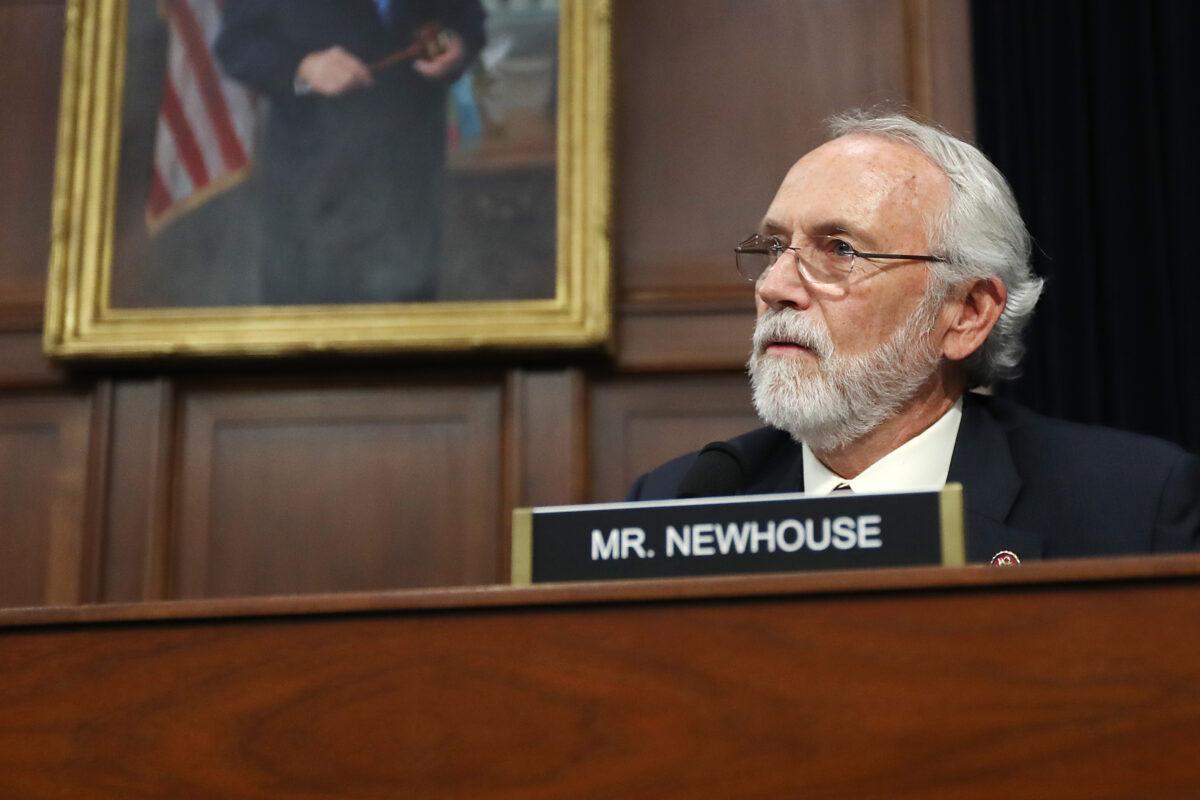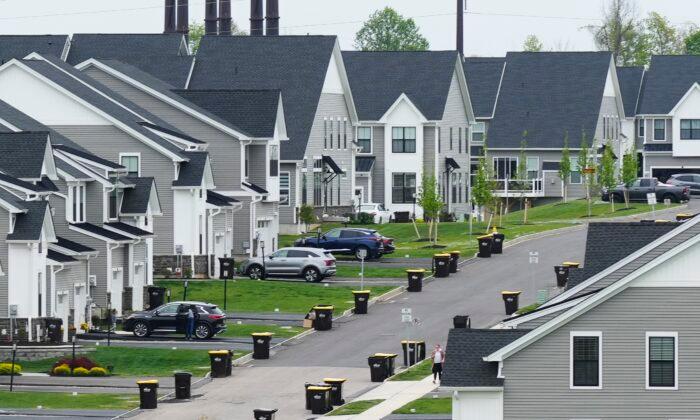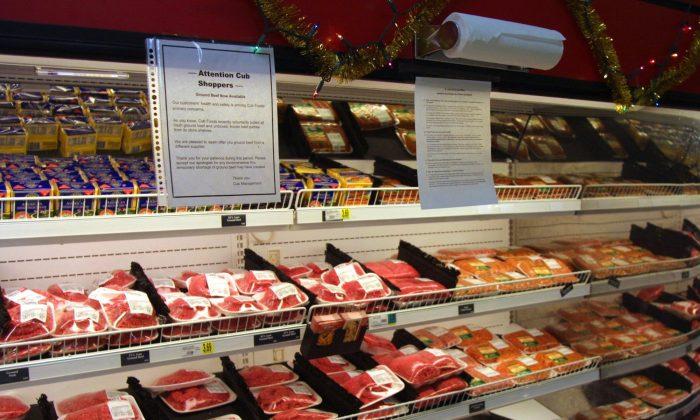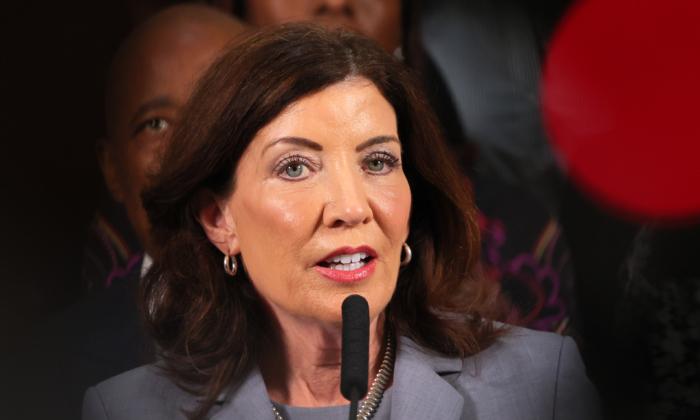American gas utilities are lobbying support for bills to keep gas stoves operational, as the Biden administration recommends their elimination for climate change purposes.
Natural gas companies are gathering their political allies in Congress to ward off any attempts that gas stove use be curtailed, according to federal records.
Leftist climate change activists are now going after natural gas consumption after destroying the U.S. coal industry under the Biden administration.
Biden Admin Ponders Ban On Gas Stoves
A top official at the Consumer Product Safety Commission (CPSC) suggested that a national ban on gas stoves could curb air pollution, but that statement was denied by the agency’s head.
It was also later revealed that the agency had been considering a ban on gas stoves for months.
The backlash grew even further after the Department of Energy introduced new regulations in February that would impose harsher energy efficiency standards on new gas stove models by 2027.

Gas stoves account for less than 1 percent of natural gas consumption in the United States, and more than 47 million, or 38 percent of households, cook with gas, according to the Energy Information Administration.
American families used 88.3 billion cubic feet of gas to cook at home in 2020, or 0.3 percent of that year’s total gas consumption of 30.5 trillion cubic feet.
Gas Utility Companies Lobby
At least 29 Democrats joined 220 Republicans in support of the act.
Sen. Dan Sullivan (R-Ark.) introduced companion legislation in the Senate, which has the backing of Sen. Joe Manchin (D-W.Va.).
The legislation, which was sponsored by Rep. Debbie Lesko (R-Ariz.), prohibits the energy secretary from “finalizing, implementing, or enforcing the proposed rule titled ‘‘Energy Conservation Program: Energy Conservation Standards for Consumer Conventional Cooking Products,” which would force most current models off the market.The Energy Department would also be blocked from introducing standards that “would result in the prohibition of a kitchen range or stove based on the type of fuel it uses, including gas stoves.”
The White House has expressed opposition to any legislation on gas stove regulation but has not mentioned if President Joe Biden will veto them.

“This transition to more expensive alternatives, as proposed by the Biden administration, would impose significant financial strains on American households.
“Homes equipped with natural gas appliances save families up to $1,068 annually compared to their all-electric counterparts,” he said.
Local Governments Pass Bills
Meanwhile, local authorities are now taking up the ban on gas stoves, and several cities across the country already have gas stove restrictions in effect.In May, New York became the first state to pass legislation that would ban the installation of gas stoves in new buildings due to alleged health concerns.
The new bill will prohibit gas stoves along with water heaters, clothes dryers, and other appliances that burn gas, but service to existing buildings was not affected by the legislation.
“The approach from many states and cities in different parts of the US has been to change building codes that would really require all electric equipment or deny hookups of fuel gas equipment to the home,” said Richard Meyer, the vice president of energy markets at the American Gas Association (AGA).
After the House passed the bill, the AGA noted that “customers want natural gas” and urged the Senate to pass the legislation.





